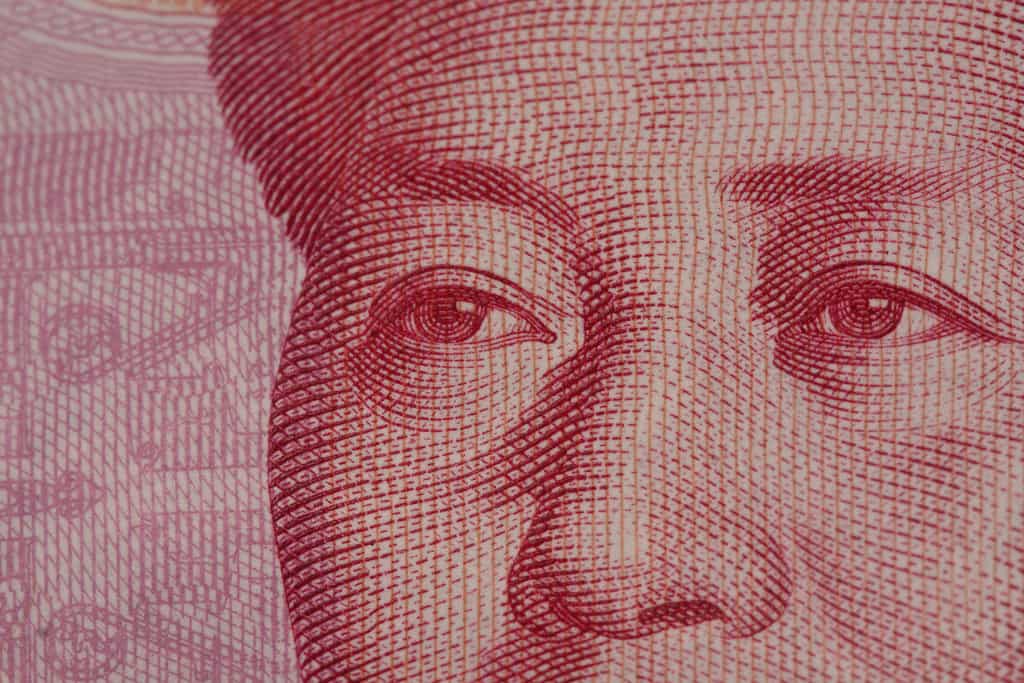Financial experts in the West expect the US punitive response to Russia’s invasion of Ukraine to abet China’s efforts to internationalise the renminbi.
Sanctions imposed by the US and other Western nations against Russia have led to a plunge in the ruble and imposed devastating impacts upon the country’s financial system.
The renminbi has remained conspicuously stable however in spite China’s close ties to Russia, with talk emerging that the currency could soon become an international safe haven asset in the wake of the COVID-19 pandemic.
The renminbi recently overtook the Japanese yen in Swift’s international payments rankings after rising to fourth position, while observers also point out that the partial exclusion of Russia from Swift could prompt more countries concerned about US influence to switch to China’s Cross-Border Interbank Payments System (CIPS).
China’s official Xinhua news agency itself recent highlighted the possibility of Russian financial institutions excluded from Swift opting instead to participate in CIPS, which has around 1,200 member institutions in 100 countries, as compared to Swift’s roughly 11,000 strong membership.
Benjamin Cohen, professor of international political economy at the University of California, Santa Barbra, said to the Financial Times said that there is “no question” that sanctions targeting Russia will create impetus for more countries to join a China-led payments system.
“Every time the US and its allies make access to the dollar a weapon, it creates an additional incentive for the Chinese to take advantage at some point,” said Cohen.
“It’s not a case of the Chinese wolf at the door, it’s more a case of termites in the woodwork.”
Eswar Prasad, former head of the IMF’s China division and an expert on renminbi internationalisation, agrees with Cohen, pointing out that sanctions will incentivise many countries to search for US dollar alternatives for foreign trade.
“The events of the past few days will give a fillip to those countries and institutions that want to bypass the dollar-based international financial system,” said Prasad.


